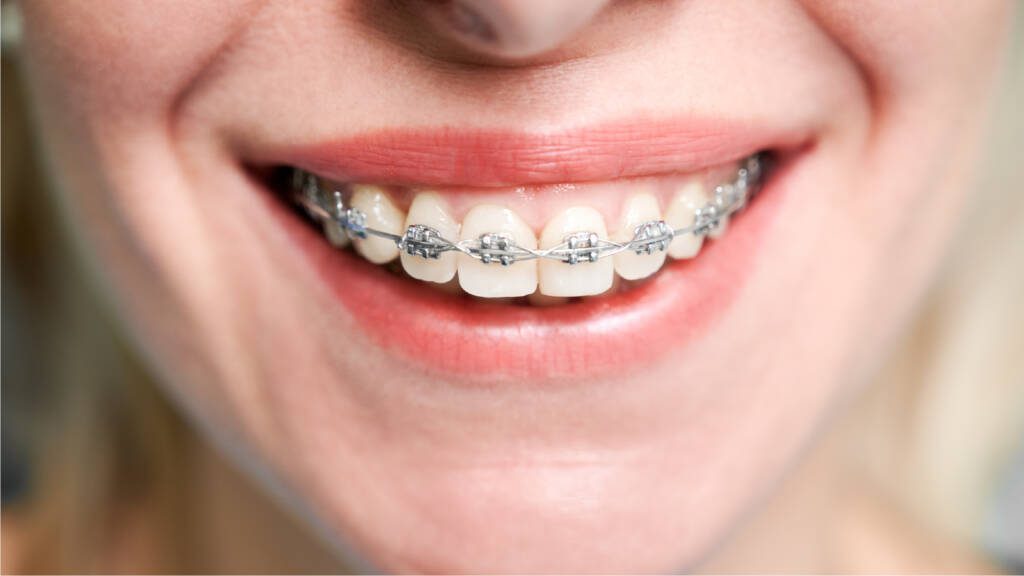It’s time to talk about braces. Metal braces have been around for years and they’re still one of the most popular options for straightening teeth. But what are the advantages and disadvantages of metal braces? Let’s take a look.
Metal braces are becoming increasingly popular with those looking for more discreet treatment options. Metal braces feature bands that are attached to the teeth and connected by wires which gently move teeth over time. Metal braces are great for those concerned with visibility since they offer less metallic shine compared to other types of braces. Additionally, metal braces are incredibly durable when taken care of properly – so you can be sure your investment will last. Financially speaking, metal braces are often much cheaper than other types of treatments too! So for those looking for an aesthetically pleasing and cost-effective fix, metal braces may be a great option worth considering.

Metal braces have been used to straighten teeth for many years. However, there are some disadvantages to using metal braces. Metal braces can be uncomfortable, especially when they first go on. Metal braces can also cause irritation to the gums and lips. Finally, metal braces can make it difficult to eat certain foods.
Metal braces are one of the most popular choices for patients undergoing orthodontic treatment. However, before making a decision, it is important to consult with your orthodontist about the pros and cons of metal braces. Some of the advantages of metal braces include their durability and affordability. On the other hand, some of the disadvantages include their visibility and the fact that they can be uncomfortable. Ultimately, the decision of whether or not to get metal braces should be made in consultation with your orthodontist.
Metal braces are a great orthodontic treatment for many individuals looking to straighten their teeth, but they may not be suitable if you have sensitive teeth or gums. Metal braces consist of metal brackets which are fitted to each tooth and connected with a wire. Over time, this may cause irritation to people with sensitive teeth or gums due to friction between the braces and oral soft tissues. In these cases, other types of braces such as ceramic, lingual – which fits behind your teeth – or clear aligners may be more suitable alternatives. Make sure you consult a orthodontist or dentist to determine if metal braces will work for you or if another type of brace is right.
Metal braces have many advantages, including being less visible than other types of braces, being more durable, and being less expensive. However, there are also some disadvantages to metal braces, such as the fact that they can be uncomfortable, can cause irritation to the gums and lips, and can make it difficult to eat certain foods. If you are considering metal braces, be sure to talk to your orthodontist about the pros and cons before making a decision. Remember that metal braces are not right for everyone – if you have sensitive teeth or gums, you may want to consider another type of brace.
